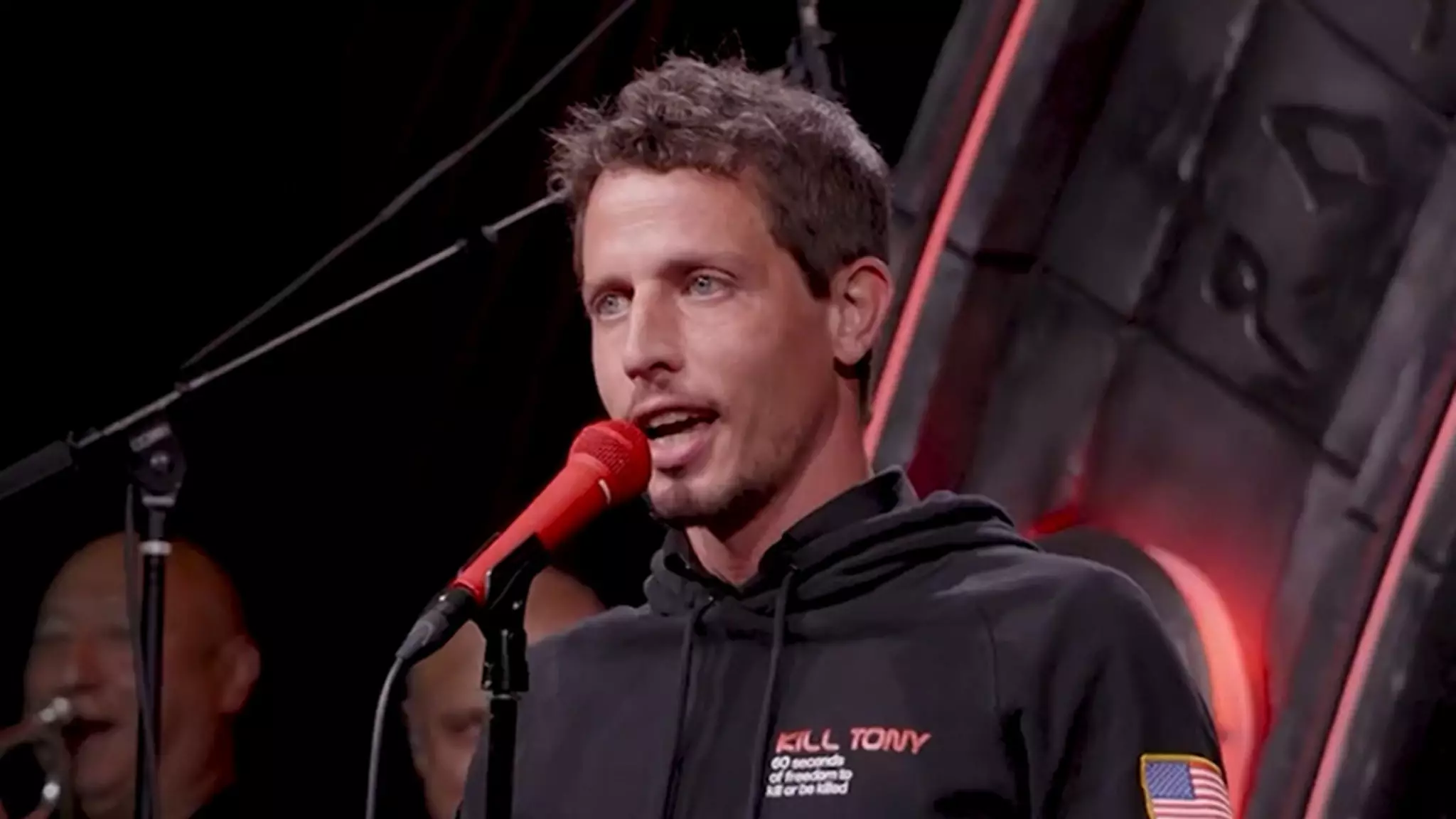In the unpredictable realm of stand-up comedy, where the line between humor and insensitivity often blurs, Tony Hinchcliffe’s recent joke at a Donald Trump rally has sparked considerable debate. Set against the backdrop of Madison Square Garden in New York City on October 27, the comedian attempted to entertain an audience enraptured by political fervor. However, his quip about Puerto Rico—likening it to a “floating island of garbage”—ignited a backlash from politicians and public figures alike, criticizing both the joke’s tastelessness and the context in which it was delivered.
This incident reflects broader issues of comedic responsibility, especially in politically charged environments. Comedians often navigate delicate topics; however, the insensitivity displayed in Hinchcliffe’s joke raises questions about the appropriateness of humor related to serious social issues. Puerto Rico, an island historically marred by economic hardship and natural disasters, is not merely fodder for jokes but a community facing real struggles.
Echoes of Support and Critique
In a subsequent podcast episode of “Kill Tony,” the day after the uproar, Hinchcliffe addressed the fallout head-on. Many comedians would have issued a blanket apology or sought to clarify their remarks, but Hinchcliffe opted for defiance, expressing his fondness for Puerto Ricans while simultaneously declaring that he owed apologies to no one. His comments, such as acknowledging that his remark might not have been suited to the rally’s context, suggest an awareness of the backlash, yet he frames it as a fundamental part of his comedic identity.
This reaction exemplifies a growing trend among some comedians to stand by their controversial material as a form of artistic integrity. While such an approach may resonate with certain audience segments, it risks alienating others who feel that comedy should respect social sensitivities, particularly regarding marginalized communities.
The Impact of Political Associations
Complicating the issue is the fact that Hinchcliffe’s platform at a Trump rally positions him within a politically contentious sphere. Critics highlight that his poorly received joke could compromise Trump’s attempts to connect with Hispanic voters, a demographic crucial for political campaigns. The intersection of comedy and politics is precarious, and Hinchcliffe’s association raises important considerations about how comedians should engage with political discourse, particularly in a climate where every word is scrutinized.
Moreover, the backlash highlights a cultural moment where audiences demand more accountability from performers, particularly around issues that pertain to race and identity. Hinchcliffe’s cavalier attitude towards the outrage may reflect a rebellion against this accountability, but it also raises questions about the future of his career, especially in areas where he may wish to perform.
As the dust settles from this incident, it serves as a cautionary tale for comedians navigating today’s social climate. The realm of comedy is undoubtedly vibrant and essential for cultural dialogue; however, it exists in the complex interplay between laughter and accountability. Hinchcliffe’s choice to double down on his remarks may alienate potential audiences, but also positions him within a faction of comedians who refuse to temper their art for public approval. The challenge remains: how will humor evolve in a world increasingly aware of its repercussions? Only time will tell whether provocative humor can coexist with the ethical considerations it demands.

